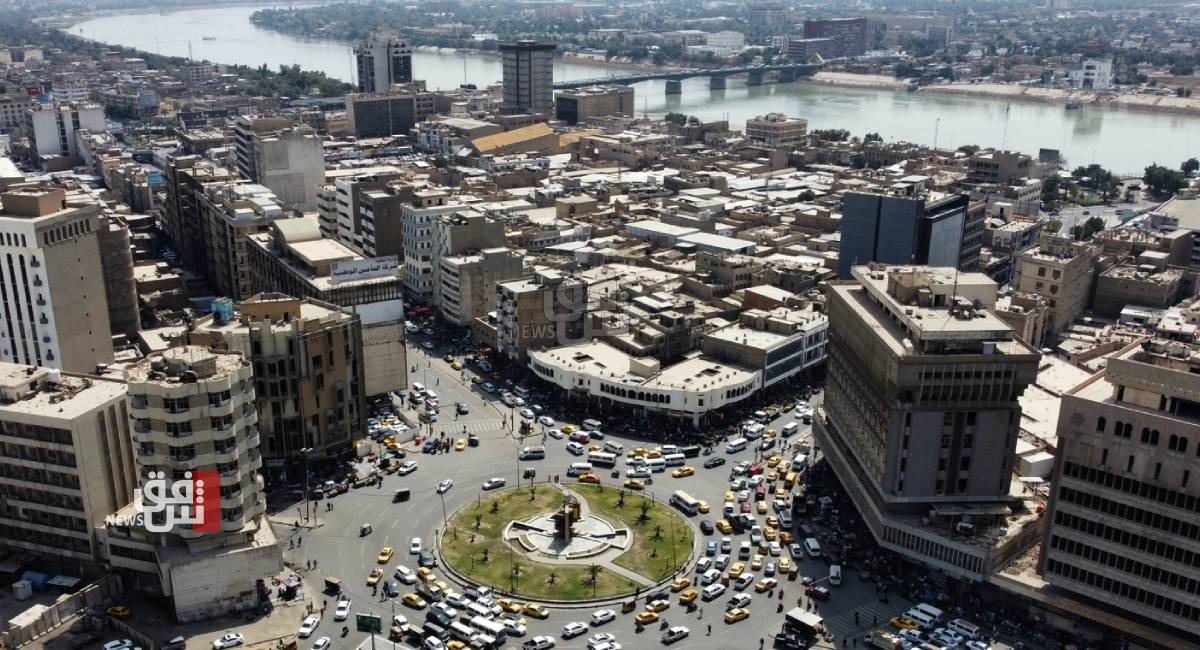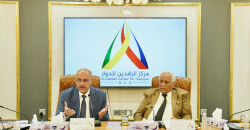Iraq's controversial census: exclusion of sect and ethnicity raises concerns

Shafaq News/ Iraq’s first census in 27 years is facing controversy over its exclusion of sect and ethnicity questions. Critics worry about political interference, while supporters highlight its importance for rebuilding and development. The outcome could significantly impact Iraq’s future, as noted in a recent report by the British "Amwaj" website.
The report indicated that Iraq is gearing up for its first general population census in 27 years, due to take place on Nov. 20. However, claims that the initiative will fall victim to partisan wrangling have dogged its planning stages. Meanwhile, supporters of the campaign have defended the economic focus of the census questionnaire, claiming that the data will be invaluable to rebuilding Iraq’s battered public services—particularly amid its ongoing development boom.
At the core of the controversy is Baghdad’s decision not to include both “sect” and “ethnicity” in the questionnaire, leading to charges that the census has been politicized by Iraq’s political establishment.
Iraqi journalist Yahya Al-Kubaisi told Amwaj that “Shiite political parties have sought to suppress data which may challenge commonly cited demographic estimates of Iraq's Shiite Muslim majority.”
Kubaisi further asserted that population figures produced by Iraqi and international organizations are “not just numbers,” but rather “demographic narratives” claimed to be objective for political purposes.
Political analyst Basil Al-Kadhimi similarly argued that the campaign will primarily serve political factions in Iraq’s governorates. The analyst further asserted that these parties will exploit population data to “claim the largest share of the spoils” from Baghdad.
Another Iraqi analyst charged on Twitter/X that the “fictitious estimates” of Iraq’s religious and ethnic makeup were officially established by former head of the US-led Coalition Provisional Authority Paul Bremer (2003–4)—commonly argued to have helped shape Iraq’s ethno-sectarian political apportionment system.
Iraqi officials have defended the integrity of the census, with one asserting that the process is far removed from any “political wrangling,” including “partisanship, sectarianism, ethnicity, or religion.”
An official from the Ministry of Planning reported that the census would include “all segments of society,” with questions based on housing status, education, health, work, and access to services.
The census was praised by one journalist on Twitter/X, noting that the economic focus of the census will aid the government as it rapidly expands its services, particularly amid Iraq’s current development boom.
According to the report, the census was first announced by Prime Minister Muhammad Shia’ Al-Sudani in 2023 as part of a five-year national development plan. The campaign will be carried out by Iraq’s Ministry of Planning, and will be given logistical support by the United Nations Population Fund (UNFPA).
Amid the criticisms, the Ministry of Planning has touted its use of modern equipment, including specialized tablets designed for the purpose. A two-day pilot scheme took place in May in the Kurdistan region, and was broadly hailed as successful, with a claimed 98% participation rate.
Iraq’s last census was taken in 1997 under the rule of former leader Saddam Hussein (1979–2023), finding that Iraq’s population stood at approximately 22M. However, the campaign excluded the Kurdistan region as it had fallen out of Baghdad’s control following the 1990-91 Gulf War.
Prior tallies produced under the Ba’ath Party have always excluded “sect,” although religion and ethnicity were included. Later attempts after the 2003 US-led invasion have hit several roadblocks. A 2009 campaign collapsed when census-takers were killed by gunmen, and a further attempt in 2020 was stymied by the onset of the Covid-19 pandemic.
A ruling to exclude “ethnicity” in the poll was issued by Iraq’s Federal Supreme Court earlier this year, and follows a 2020 agreement between Iraq’s Shiite and Kurdish political parties. The UNFPA later agreed to the removal as a “technical measure.”
When the poll was announced, observers had high hopes that it could contribute to the resolution of lingering Ba’ath-era political disputes, many of which involve conflict over relative ethnic population numbers.
Disputes include the “Arabization” of Kirkuk and its surroundings, a disputed region claimed by both Baghdad and the Kurdistan Regional Government (KRG) and home to Arab, Turkmen, and Kurdish populations.
Article 140 of Iraq’s constitution sets out a roadmap for a resolution to the Kirkuk impasse, clauses of which include a census—one that would presumably include ethnicity. The article’s terms have as yet not been tackled by political factions.
Additionally, the report affirmed that the success of the pilot scheme bodes well for the general population census. However, it is unlikely that the results will satisfy observers who hope the move will resolve Iraq’s hot-button demographic disputes.
Based on the report, Iraqi economist Ali Abdul Kazim told local media that such information is “essential” to government policy and planning. However, another observer expressed doubt over the census’s economic value given the “rampant financial and administrative corruption” in Iraq.
Regardless of the outcome, accusations of political meddling could undermine trust in the census results, particularly if deemed by the public or bureaucracy to be unreliable. Furthermore, while Baghdad has touted the data as critical for Iraq’s development, it is unclear precisely how it will be utilized by policymakers.
Furthermore, with “ethnicity” excluded from the census, observers will likely begin to question whether the term could be used in any census to settle the disputes over multi-ethnic Kirkuk.





